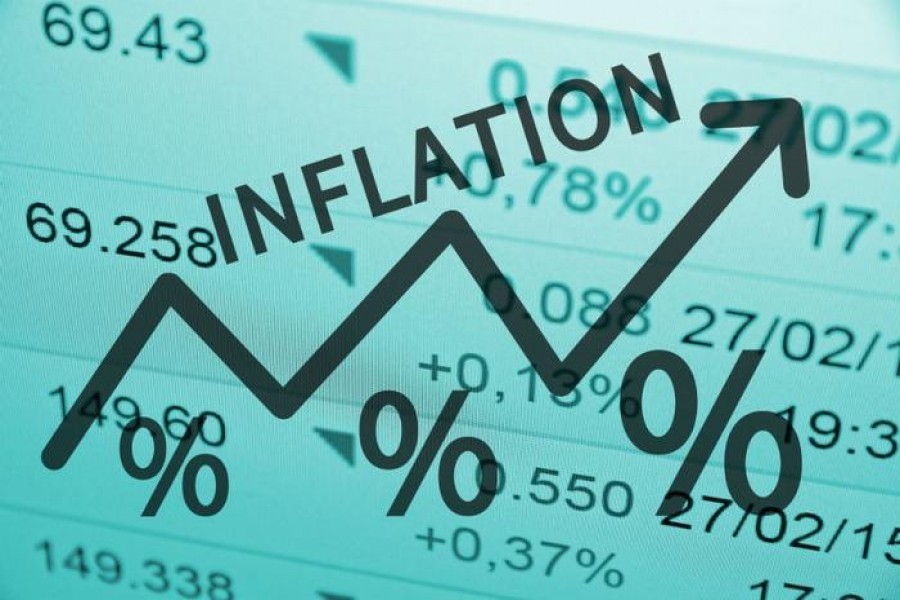Due to the current context and shifting of global economic factors, the target of limiting average inflation to 5.6 per cent in the next fiscal is quite ambitious, said the South Asian Network on Economic Modeling (SANEM) on Thursday.
To ease the pressure of food inflation on people, the budget promises to continue taking actions against hoarders, but does not offer any detailed action plan.
Provisions for decreasing tariff on essential items, exploring alternative import sources or similar supply side interventions for tackling inflation, have not been clarified in the budget, it said. If the inflation rate exceeds 6.0 per cent then the real interest rate would become negative, it said.
Referring to the government's claim of successfully overcoming the adverse economic impact of the Covid-19 pandemic, SANEM said it is rather an overstatement as issues like high inflationary pressure, escalated current account deficit, negative growth in remittances, stress on the US dollar exchange rate, strain on the foreign exchange reserves and long-standing challenge of job creation.
However, SANEM lauded the continuity of stimulus support for SMEs though existing challenges faced by SMEs in accessing allocated funds have not been addressed.
Though the allocation for health and education has been increased in nominal terms, with respect to GDP share, real allocation has declined for education and remained static for health, it said.
Terming the government's proposal for a universal pension scheme praiseworthy, SANEM said the budget has failed to mention any concrete strategy in this regard and therefore it remains ambiguous how and when the scheme would be implemented.


